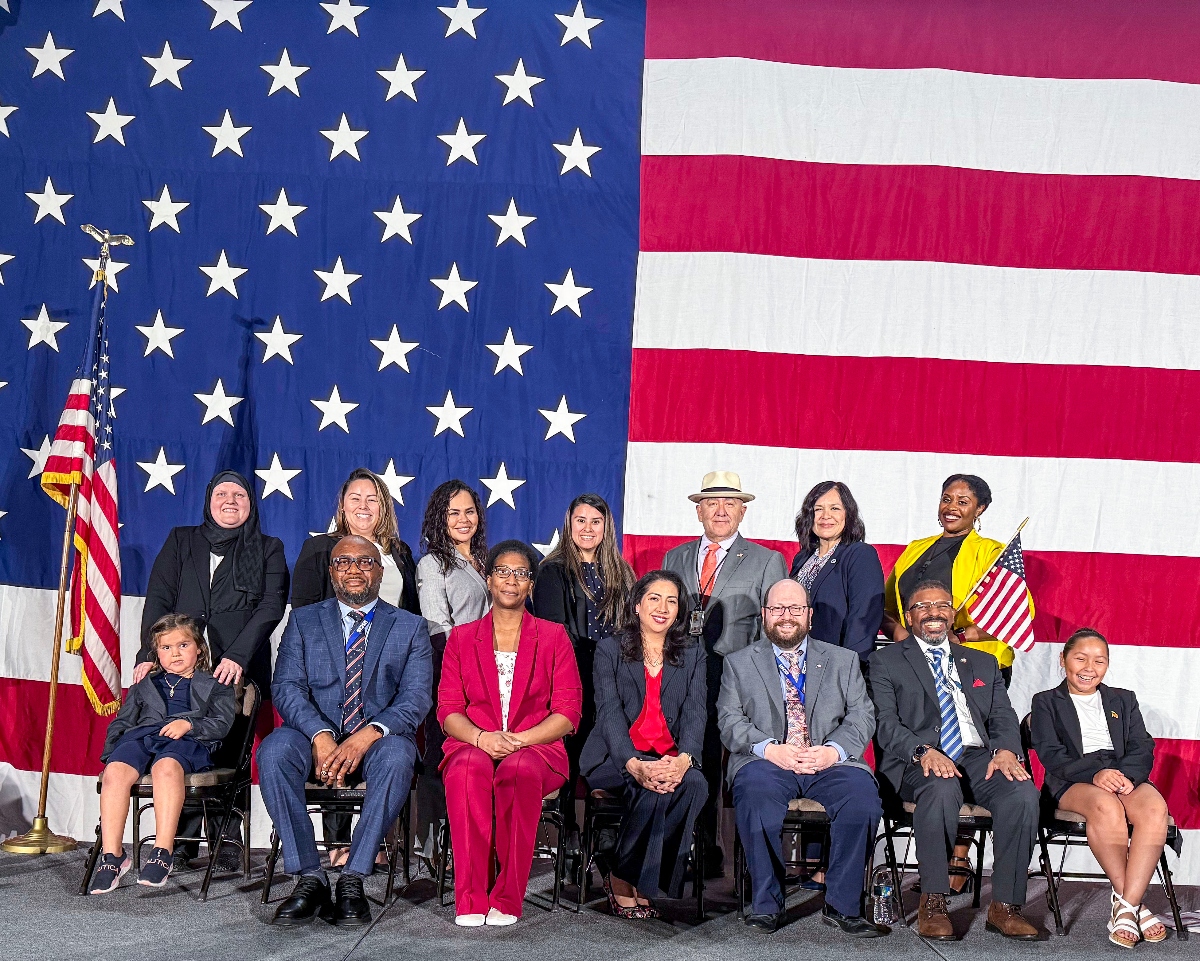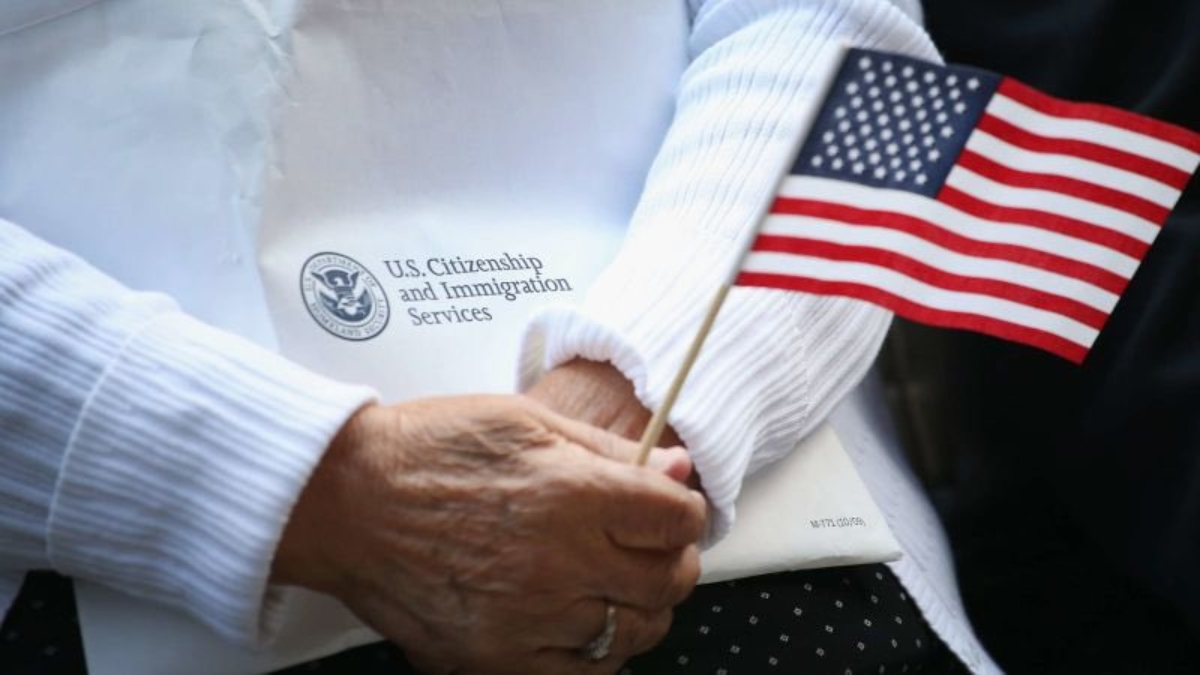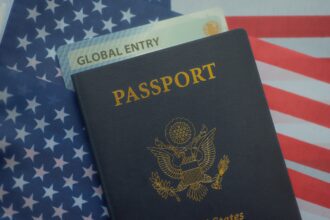U.S. Citizenship and Immigration Services (USCIS) announced that it will resume so-called neighborhood checks for some U.S. citizenship applicants. The measure seeks to verify the moral character of those who apply, through consultations with neighbors and people in the applicant’s immediate environment.
This procedure is not new: it has been used in past decades, but had fallen into disuse since 1991. However, the National Immigration Act (INA) provides for the power to apply these inquiries on a discretionary basis.
Who may be subject to neighborhood verifications to obtain citizenship?

Not all naturalization applicants will be investigated.
According to the memorandum issued by USCIS on August 22, 2025, the decision will depend on the review of each case.
The criteria is individualized and will analyze immigration records, background and other relevant factors.
The law provides that the USCIS officer in charge of inquiries is appointed by the Attorney General.
This step may be discarded if the agency deems it is not necessary.
To qualify for a U.S. citizenship application, the applicant must have resided legally in the country for three to five years, have no serious criminal record, and pass the civic test along with the immigration interview.
Evidence that may assist the applicant

Although neighborhood verifications for citizenship are back in effect, applicants may include additional documentation to support their case.
The memorandum indicates that letters may be submitted from employers, neighbors, colleagues or business associates attesting to the applicant’s moral character.
Evidence related to “attachment to the principles of the Constitution” and willingness to contribute to the good order of U.S. society is also assessed.
Including this evidence up front can help USCIS determine whether it is appropriate to waive the neighborhood investigation in a particular case.
The agency emphasizes that this measure is discretionary and not automatic.
What are the neighborhood verifications to obtain citizenship?
According to USCIS, neighborhood checks focus on the applicant’s places of residence and employment, with a review period covering at least the five years prior to the naturalization application.
The officer in charge may interview neighbors, co-workers or employers, as well as request affidavits.
In addition, it has the power to subpoena witnesses, request documents and request judicial support in case of refusal to cooperate.
The information collected can be used as evidence during the naturalization process.
This means that, should doubts arise about the applicant’s moral character, the results of the neighborhood investigation could play a determining role in USCIS’s final decision.
This article was originally published in Nueva News.














